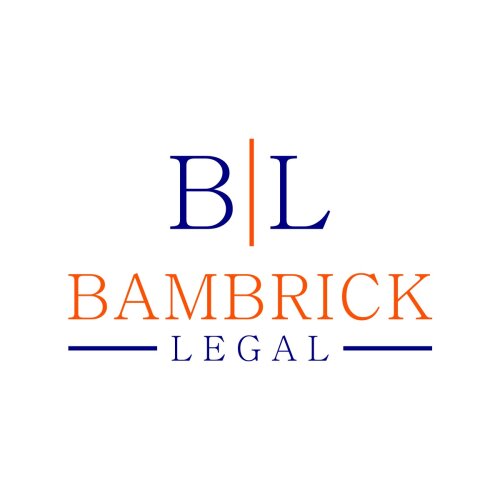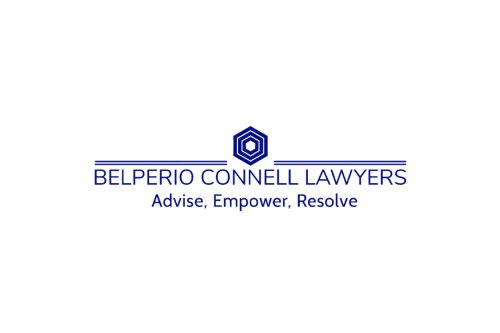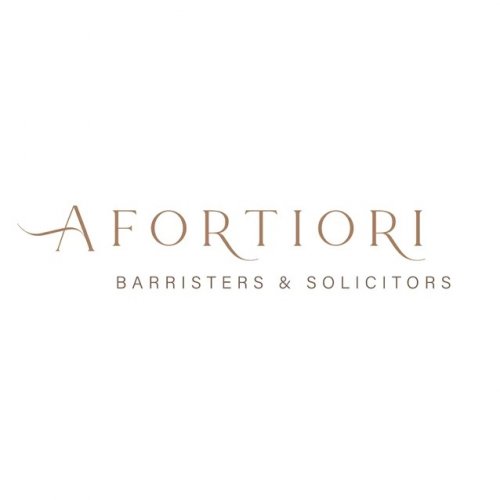Best Probate Lawyers in Adelaide
Share your needs with us, get contacted by law firms.
Free. Takes 2 min.
List of the best lawyers in Adelaide, Australia
About Probate Law in Adelaide, Australia
Probate is a legal process in Adelaide, Australia, that involves the administration of a deceased person’s estate. This process includes verifying the deceased’s will (if one exists), appointing an executor or administrator, and distributing the assets in accordance with the will or intestate succession laws. In South Australia, the Probate Registry of the Supreme Court oversees probate matters. The process ensures that the deceased’s debts are paid and any remaining assets are distributed to the rightful beneficiaries.
Why You May Need a Lawyer
There are several situations where legal help may be necessary when dealing with probate in Adelaide. Common scenarios include:
- The deceased did not leave a will, or the will is invalid.
- Disputes arise among beneficiaries or claims against the estate by creditors.
- Complex estates involving multiple properties or international assets.
- The will is contested due to suspected undue influence, fraud, or incapacity.
- Executors need guidance in navigating the legal requirements of estate administration.
- Concerns about the proper valuation and distribution of assets.
Local Laws Overview
Probate laws in Adelaide, Australia, are primarily governed by the South Australian Wills Act 1936 and the Administration and Probate Act 1919. Key aspects include:
- An executor named in the will is responsible for applying for a grant of probate.
- If there is no will, an 'administrator' may be appointed to manage the estate.
- The Family Provision Act 1972 allows certain relatives or dependents to contest the will if they are inadequately provided for.
- The Supreme Court's Probate Registry handles applications for probate and letters of administration.
- Executors and administrators are required to collect and protect estate assets, settle debts, and distribute the balance to beneficiaries.
Frequently Asked Questions
What is probate, and when is it required?
Probate is a legal process to validate a deceased person’s will and appoint an executor to manage the estate. It is typically required when the estate includes substantial assets, like property, or when financial institutions request it.
How long does the probate process take?
The duration of the probate process can vary but typically takes six to nine months. Delays may occur in complex estates or if there are disputes among beneficiaries.
What happens if there is no will?
If there is no will, the estate is considered intestate, and the distribution follows a statutory hierarchy defined by the Administration and Probate Act 1919. An administrator is appointed to handle the estate.
Can a will be contested, and on what grounds?
Yes, a will can be contested on grounds such as undue influence, lack of testamentary capacity, or improper execution. Additionally, claims can be made if adequate provision has not been made under the Family Provision Act 1972.
Who pays for the probate process?
Typically, the costs of the probate process are paid from the estate’s funds. This includes court fees, legal fees, and other necessary expenses incurred in managing the estate.
What are the duties of an executor?
An executor’s duties include applying for probate, collecting and valuing assets, paying off debts, and distributing the remaining assets as per the will. They must act in the best interest of the beneficiaries and maintain transparency throughout the process.
Is it possible to manage probate without a lawyer?
While it is possible to manage probate without a lawyer, legal advice is recommended, especially in complex cases or where disputes arise. A lawyer can provide guidance and ensure compliance with all legal requirements.
What documents are needed to apply for probate?
Key documents include the original will, a completed application form, the deceased’s death certificate, and an inventory of the deceased’s assets. Additional documents may be required depending on the estate specifics.
Can debts exceed the value of the estate?
Yes, if debts exceed the estate's value, the estate is considered insolvent. The executor must prioritize debt repayment and may need to sell assets to cover liabilities. Beneficiaries typically do not inherit debt.
What is the role of the Probate Registry in South Australia?
The Probate Registry, part of the Supreme Court of South Australia, processes applications for probate and letters of administration. It provides oversight and ensures the legal correctness of estate administration.
Additional Resources
Individuals seeking further information on probate in Adelaide, Australia, may find the following resources helpful:
- The Supreme Court of South Australia's Probate Registry, which provides application forms and guidance.
- The Law Society of South Australia, offering resources and referrals to qualified probate lawyers.
- Legal Services Commission of South Australia, which provides free legal advice and support on probate matters.
Next Steps
If you need legal assistance with probate matters, consider taking the following steps:
- Prepare and organize relevant documents related to the estate, including the will, death certificate, and financial statements.
- Consult with a probate lawyer who can provide legal advice specific to your situation and assist with the probate application.
- Use resources like the Law Society of South Australia to find a reputable lawyer specializing in probate law.
- Consider attending a free legal advice session offered by local community centers or the Legal Services Commission.
Lawzana helps you find the best lawyers and law firms in Adelaide through a curated and pre-screened list of qualified legal professionals. Our platform offers rankings and detailed profiles of attorneys and law firms, allowing you to compare based on practice areas, including Probate, experience, and client feedback.
Each profile includes a description of the firm's areas of practice, client reviews, team members and partners, year of establishment, spoken languages, office locations, contact information, social media presence, and any published articles or resources. Most firms on our platform speak English and are experienced in both local and international legal matters.
Get a quote from top-rated law firms in Adelaide, Australia — quickly, securely, and without unnecessary hassle.
Disclaimer:
The information provided on this page is for general informational purposes only and does not constitute legal advice. While we strive to ensure the accuracy and relevance of the content, legal information may change over time, and interpretations of the law can vary. You should always consult with a qualified legal professional for advice specific to your situation.
We disclaim all liability for actions taken or not taken based on the content of this page. If you believe any information is incorrect or outdated, please contact us, and we will review and update it where appropriate.















